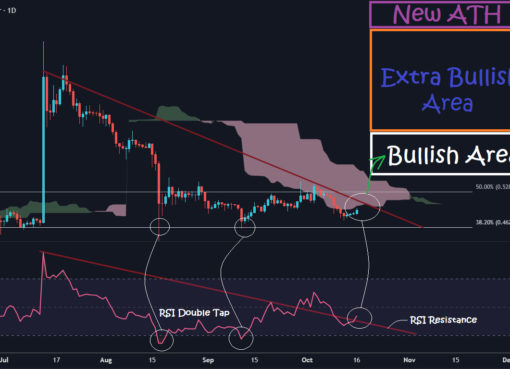Brian Armstrong’s U.S. crypto exchange emailed some users about a court summons received from the CFTC regarding rival platform Bybit.
Coinbase, America’s largest crypto exchange, sent emails to select customers concerning a subpoena the company received from the Commodity Futures Trading Commission (CFTC) in the regulator’s investigation into Bybit, a Dubai-headquartered digit asset trading venue.
The notice posted by Coinbase customers on social media explained that the exchange may submit information on certain accounts and their transaction histories by U.S. laws.
No action is required from you, but Coinbase may respond to the Subpoena unless served before November 30, 2023 with a motion to quash or other objection to the subpoena that has been filed with the Court – including by sending information concerning your Coinbase account to the Commodity Futures Trading Commission.
Coinbase email on CFTC-Bybit subpeona
In May, Coinbase notified its users of legal requirements to collect customer information and respond to subpoenas issued by law enforcement, regulatory authorities, and tax agencies.
Neither Bybit nor its CEO, Ben Zhou, had commented on the development when this report was written. Bybit is being sued by bankrupt crypto exchange FTX for $953 million and Zhou’s company plans to exit UK markets due to new rules on advertising.
Coinbase CEO Brian Armstrong, and chief legal officer Paul Grewal were also yet to respond to the news, although multiple crypto media houses confirmed its legitimacy.
Coinbase has been the subject of enforcement action from the Securities and Exchange Commission (SEC) which sued Armstrong’s crypto exchange in June for breaking federal financial rules by allegedly operating as an unregistered broker, clearing agency and a national trading platform.
The company denied the allegations, leading to what could be a lengthy litigation with the SEC. Rival exchange Binance faced similar charges from the SEC, CFTC and the Department of Justice which eventually resulted in a $4.3 billion multi-agency settlement coupled with leadership changes.




